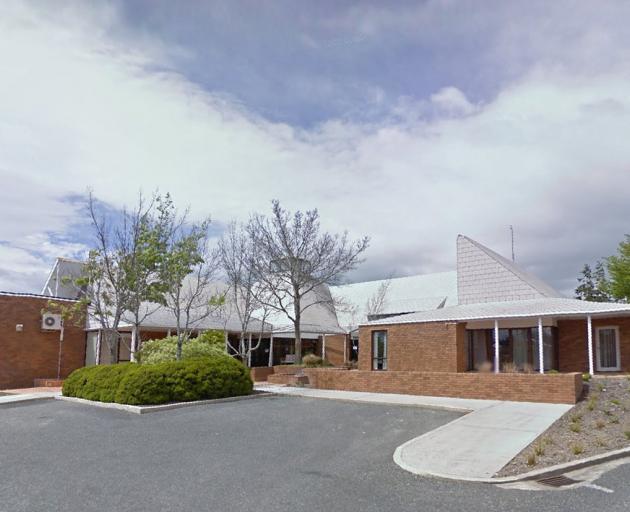
The Clutha District Council will consider a final draft of its annual report this afternoon, which will be released to ratepayers next Tuesday.
The report details income and expenditure for the past financial year, and provides council projections for the year to come.
In a message to ratepayers, Clutha District Mayor Bryan Cadogan said "huge changes" had occurred during his 13 years in local government, demonstrating the "scale and pace" at which councils now had to operate.
"No change has been as stark as the increase in capital spend in Clutha, which over the last year has gone from $27.3 million to $39.7 million," he said.
"Our debt levels have also increased from $37.9 million in 2022 to $72.5 million this year, and are predicted to be $111.2 million by next year, primarily driven by the imperative changes in our Three Waters space."

The National Party has said it would repeal the Labour government’s Three Waters legislation during its first 100 days in power.
That was likely to leave Clutha footing any bills, Mr Cadogan said.
"The only certainty is that our environmental obligations and the litigious risk means doing nothing is not an option."
He said bringing Three Waters maintenance in-house on July 1, following an early exit from the council’s contract with Citycare Water, cost $1.9 million.
"This change has allowed us to plot our own course to find resolutions to problems and meet our legal and environmental requirements.
"This will not happen overnight but we believe the required changes have been implemented with an additional almost 40-plus FTE [full-time equivalent] staff."
The news was not wholly negative, as ratepayers were already seeing the benefits of increased investment, Mr Cadogan said.
"Council has been focused in recent years on increasing our capital projects completion rates and it is pleasing to see a marked improvement here [in completion rates] from 68% to 79%."
Progressed water projects included $5.6 million on a new bore at Greenfield (Clydevale); the $4.4 million Glenkenich Treatment Plant (West Otago); Patterson Creek stormwater improvements at $1.3 million (Tapanui); and $1.4 million on the Hub Pump Station (Balclutha).
Due to the changed financial landscape, Mr Cadogan restated a long-standing rate increase cap of 4% would no longer apply.











